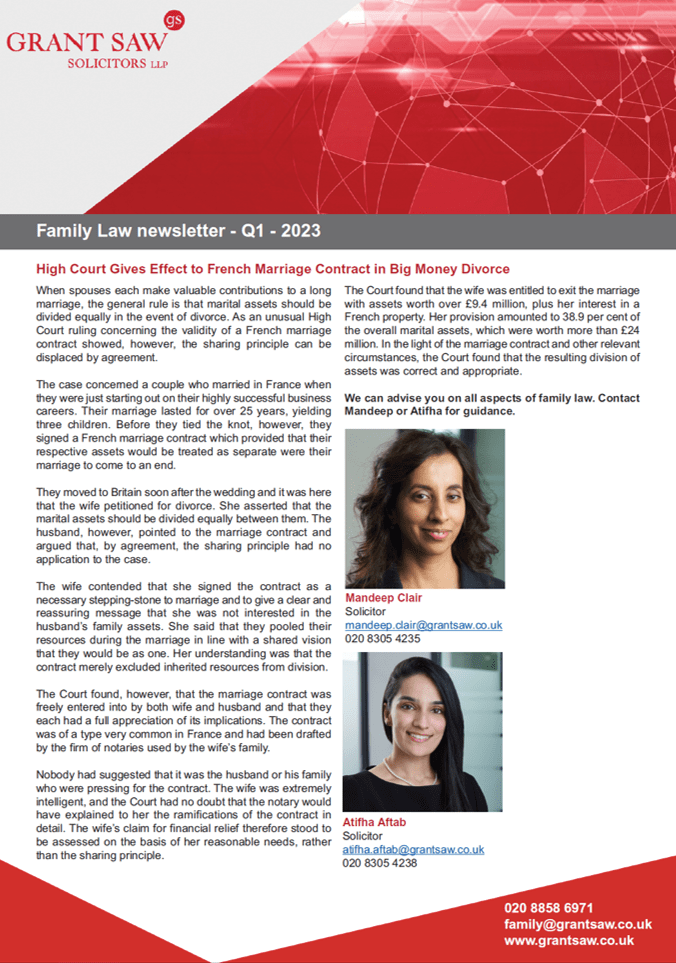A trustee in bankruptcy and, in some cases, victims of certain transactions, can challenge transactions that the bankrupt entered into before bankruptcy. If a challenge is successful, the court can undo the transaction or make some other order to ensure the creditors of the bankruptcy estate are not (entirely) prejudiced.
Claims by Trustee in Bankruptcy
In order to comply with their fundamental duties, trustees must look into any transactions or dealings concerning the disposition of property prior to the commencement of the bankruptcy. There are some circumstances where the payment of money or transfer of property prior to the bankruptcy may be challenged by the trustee. These include:
- Transactions at an undervalue – this could be a gift or sale of the bankrupt’s property for significantly less than its worth. When considering transactions at an undervalue, a trustee in bankruptcy can investigate any transaction going back as far as five years prior to the presentation of the bankruptcy petition;
- A preference – this relates to a payment or security for a debt from the bankrupt with a view of putting the recipient in a better position than other creditors. When considering whether or not there is a preferential transaction, a trustee in bankruptcy can investigate transactions going back 2 years prior to the presentation of the bankruptcy petition, if the transaction was with a family member or associate. However, if the transaction was with a creditor who is not associated to the debtor, the trustee can only go back as far as six months prior to the presentation of the petition;
- Transactions defrauding creditors – See below.
Whilst a trustee in bankruptcy can bring a claim in respect of one of the above, there is some protection afforded to those who can demonstrate that they acted in “good faith”. For instance, those who have no knowledge of the insolvency (or potential insolvency) of the individual concerned at the time of the transaction.
Transactions defrauding creditors
These types of transactions entitle the creditor themselves, or a trustee in bankruptcy on behalf of a creditor, to bring a claim.
A transaction defrauding creditors is a gift or a transfer of property which (i) is a transaction at an undervalue; and (ii) is intended to put the money or asset beyond the reach of creditors at any time in the future.
The time limits to bring such a claim are longer than for transactions at an under value and preferences. As above, there is some protection afforded to those who can demonstrate that they “acted in good faith”.
If the claim is proved, the court has wide powers including restoring the position to what it would have been if the transaction had not taken place and/or protecting the interests of the victims of the transaction.
There are other situations in which payments made or things done by the bankrupt may be re-opened and adjusted for the benefit of the creditors of the bankrupt’s estate. Note: these are claims that can be brought by the trustee and not individual creditors. These include:
- Extortionate credit transactions;
- Avoidance of assignment of certain debts;
- Excessive pension contributions.
Legal issues often arise in connection with challenges to transactions entered into by a person before they are made bankrupt. Our solicitors are able to provide advice on the many issues that can arise in this area and assistance with court proceedings where necessary. For more information, please email litigation@grantsaw.co.uk or contact our insolvency experts directly on 020 8858 6971.
Meet the Antecedent transactions in bankruptcy team















































